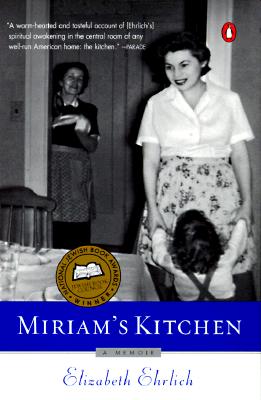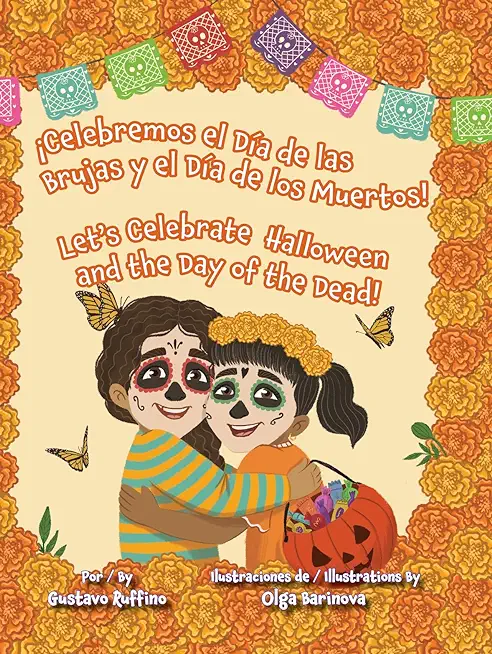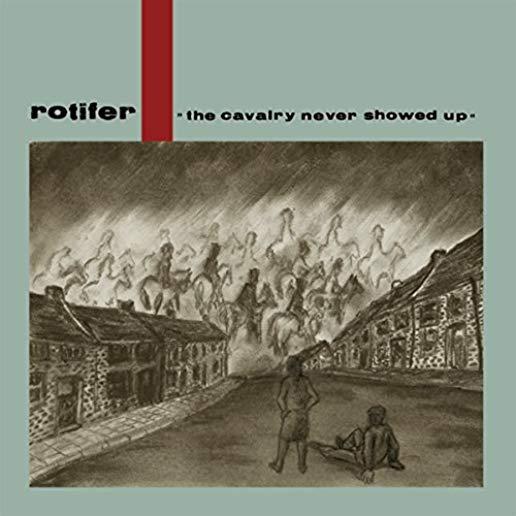
description
8Like many Jewish Americans, Elizabeth Ehrlich was ambivalent about her background. She identified with Jewish cultural attitudes, but not with the institutions; she had fond memories of her Jewish grandmothers, but she found their religious practices irrelevant to her life. It wasn't until she entered the kitchen--and world--of her mother-in-law, Miriam, a Holocaust survivor, that Ehrlich began to understand the importance of preserving the traditions of the past. As Ehrlich looks on, Miriam methodically and lovingly prepares countless kosher meals while relating the often painful stories of her life in Poland and her immigration to America. These stories trigger a kind of religious awakening in Ehrlich, who--as she moves tentatively toward reclaiming the heritage she rejected as a young woman--gains a new appreciation of life's possibilities, choices, and limitations.
member goods
No member items were found under this heading.
Return Policy
All sales are final
Shipping
No special shipping considerations available.
Shipping fees determined at checkout.







